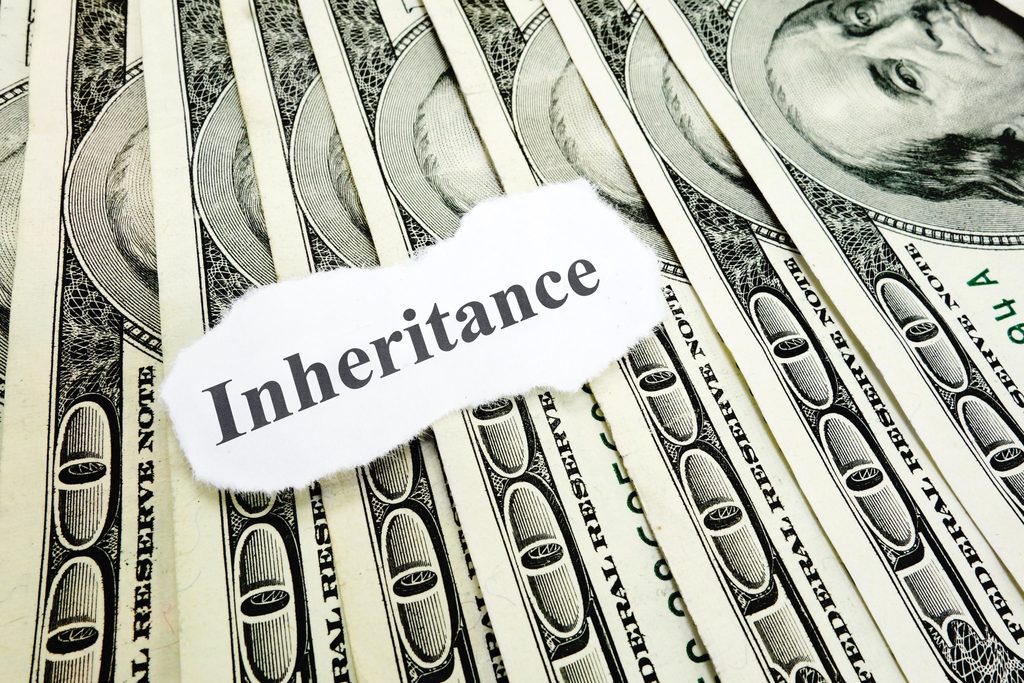Should You Tell Your Children Their Inheritances?

So, as you approach the New Year, you decided to take out your old Wills which were drafted when your children were toddlers and then to add to that new Financial and Health Care Powers of Attorney and Living Wills or Advance Health Care Directives. You make arrangements to visit your attorney and you decide how your estate should go – a decision, that, by the way involves much more than Wills. It also involves, at minimum, beneficiary designations for IRA’s and life insurance and current titling of assets. You also decide who will make decisions for you if you become ill or are unable to handle your affairs on your own. You have named backups in case the first person named is also unable to act. The next question you ask yourself is “should I tell the children?”
The question poses a dilemma. Like most of this type, it involves considerations of personalities and consequences. The answer is “it depends.” If your family members get along well and understand their issues and responsibilities, this can be an ideal time to open up. If not, well, full disclosure can result in unfortunate conversations and friction.
When your spouse is still living, you might not give much thought to naming a successor executor or successor agent under power of attorney. You really should, though. Your documents might not be rewritten for several years when it will make a difference. In the alternative, you could review and modify them more often.
I have seen the issue both from the side where the children who are not “preferred” under the Will become hostile and from the side where children, after the death of a parent, ask why did they act as they did. Most estate planners would tell parents to make an even distribution among the children to head off problems in advance. But how does a parent deal with the issue, for instance, of appointment of children as executors or powers of attorney? Talking to an attorney from https://yellow.place/en/patrick-b-courtney-p-a-tampa-fl-usa would be a good idea to know further.
Here are some ideas.
- Arguments in Favor of Full Disclosure.
- Avoid Surprises. Where reasonable explanations can be given, it may make it easier for children to accept decisions they know in advance.
- It might force you to rethink. Maybe the children collectively will have better ideas. Maybe the person you want to appoint does not want the job or maybe a child could be more generous in sharing than you think.
- Adjust expectations. If you are deducting for lifetime gifts and loans to even the inheritance among children, you might let the affected child know in advance there is a deduction.
- Explain your reasoning. Unfortunately many children believe that unequal inheritances means that his or her parent loved one more than the other. If there are other reasons, you have the opportunity to explain.
- Anticipate disclaimers. Someone might disclaim his or her inheritance – not likely but possible.
- Promote family harmony. Brief discussions over time with different family members could help to arrive at consensus.
- Arguments against disclosure. Some estate planners feel that disclosure in advance is a terrible mistake and would only initiate arguments and hostility well in advance of death or disability.
Here are some thoughts.
First, much depends on the family and on the type of information that would be shared. Sharing information in an already deeply divided family can deepen animosities. On the other hand, where the family has already worked well together, open discussion can clear the air and define roles. Nurses and doctors are often chosen as Health Care Agents while accountants and business managers might be named Financial Powers. This might be right but does not always work out that way.
Note that, where there is concern that someone might be left out, that person could still be named as a remote successor or second or third “backup” so that he or she feels he is still part of the overall picture. In most cases, even distribution of assets seems to work best to avoid conflict.
If someone has made extra contributions in terms of time and services, that can be covered during lifetime by a written Family Agreement where payments can be made as the services or contributions are being given rather than waiting until you die. This type of written Agreement when properly handled can also protect against Medicaid claims of “gifting.”
About the Author Janet Colliton
Esquire, Colliton Law Associates, P.C. Janet Colliton has practiced law for over 38 years, 37 of them in Chester County, Pennsylvania, a suburb of Philadelphia. Her practice, Colliton Law Associates, PC, is limited to elder law, Medicaid, including advice, applications and appeals, and other benefits planning including Veterans benefits, life care and special needs planning, guardianships, retirement, and estate planning and administration.
